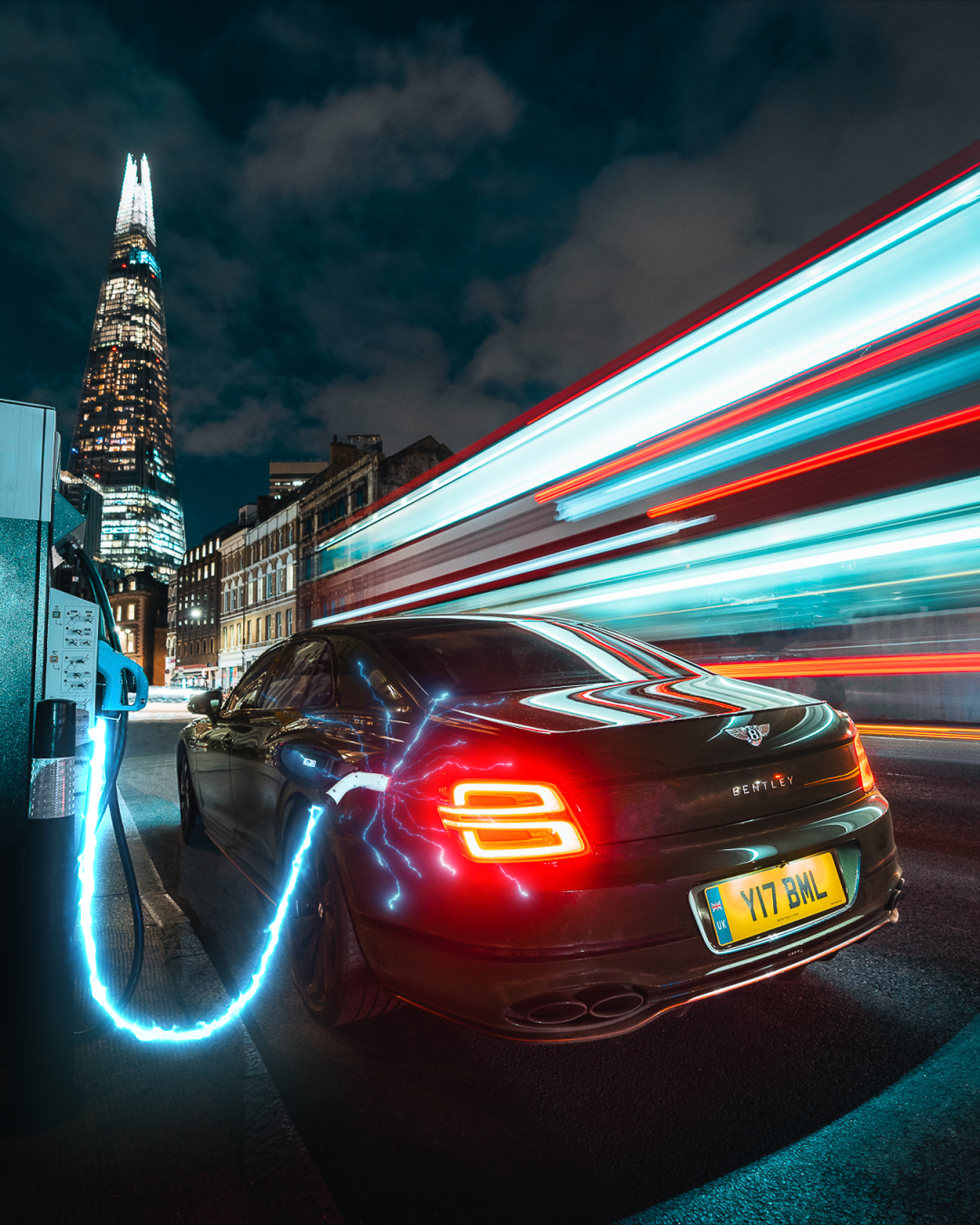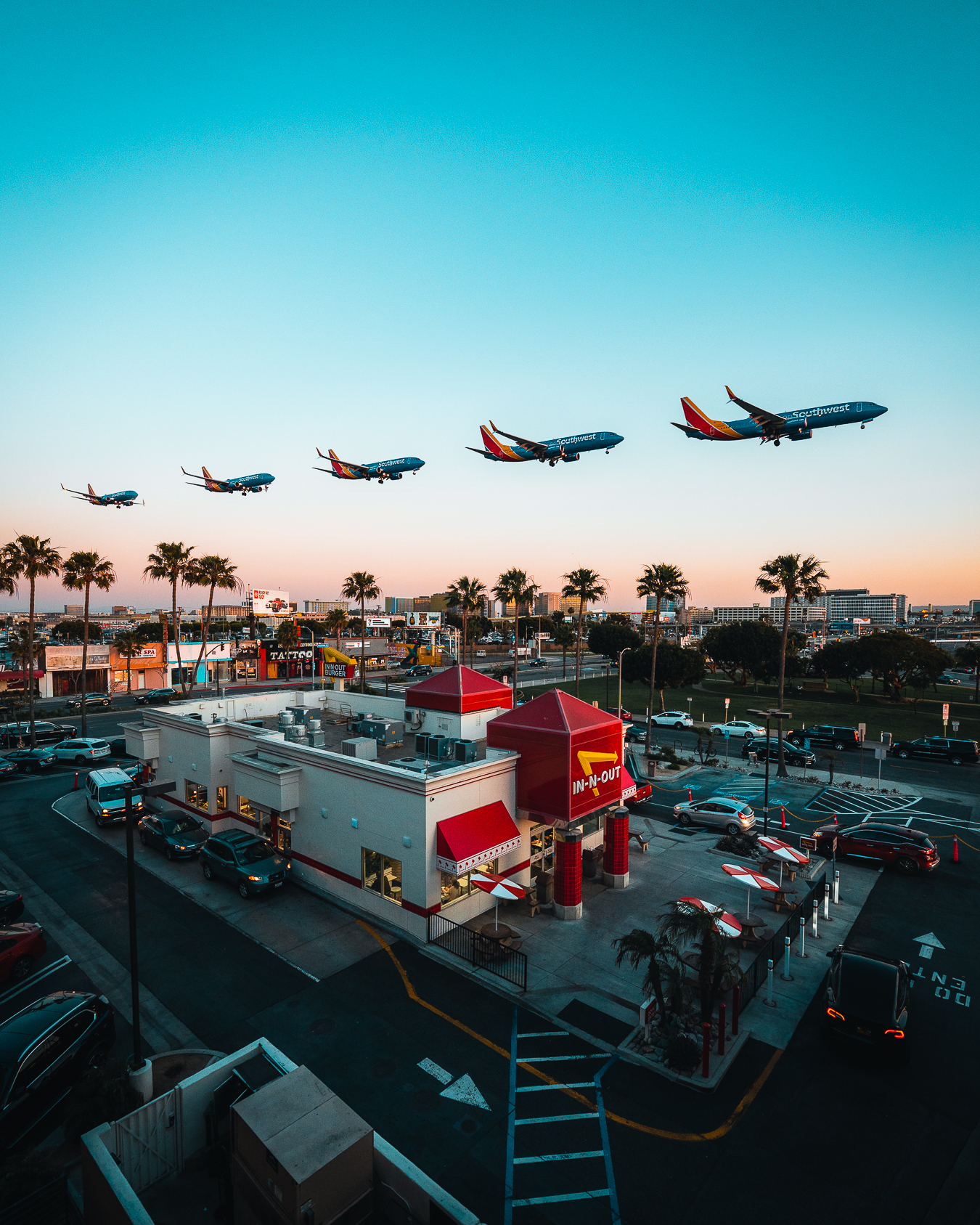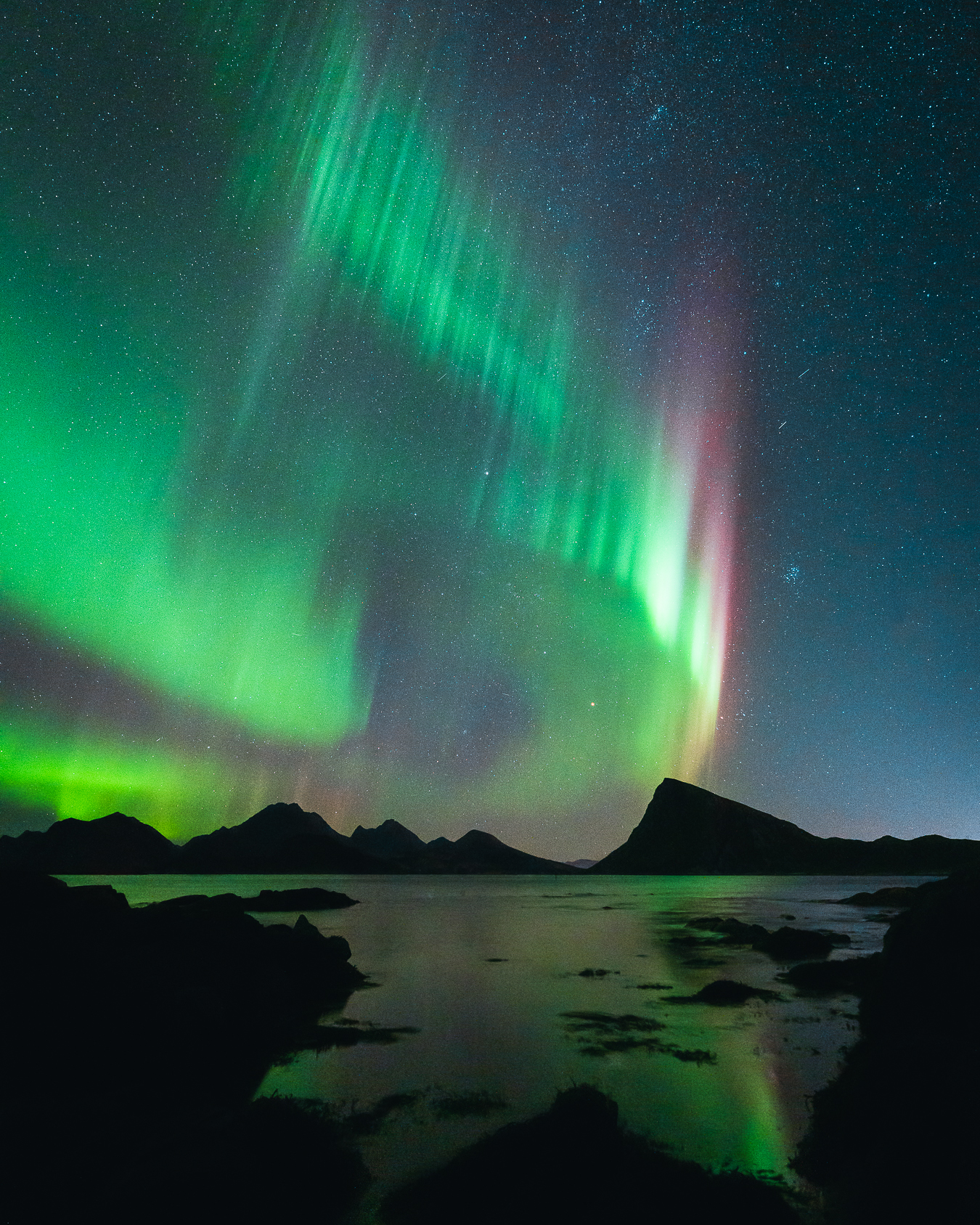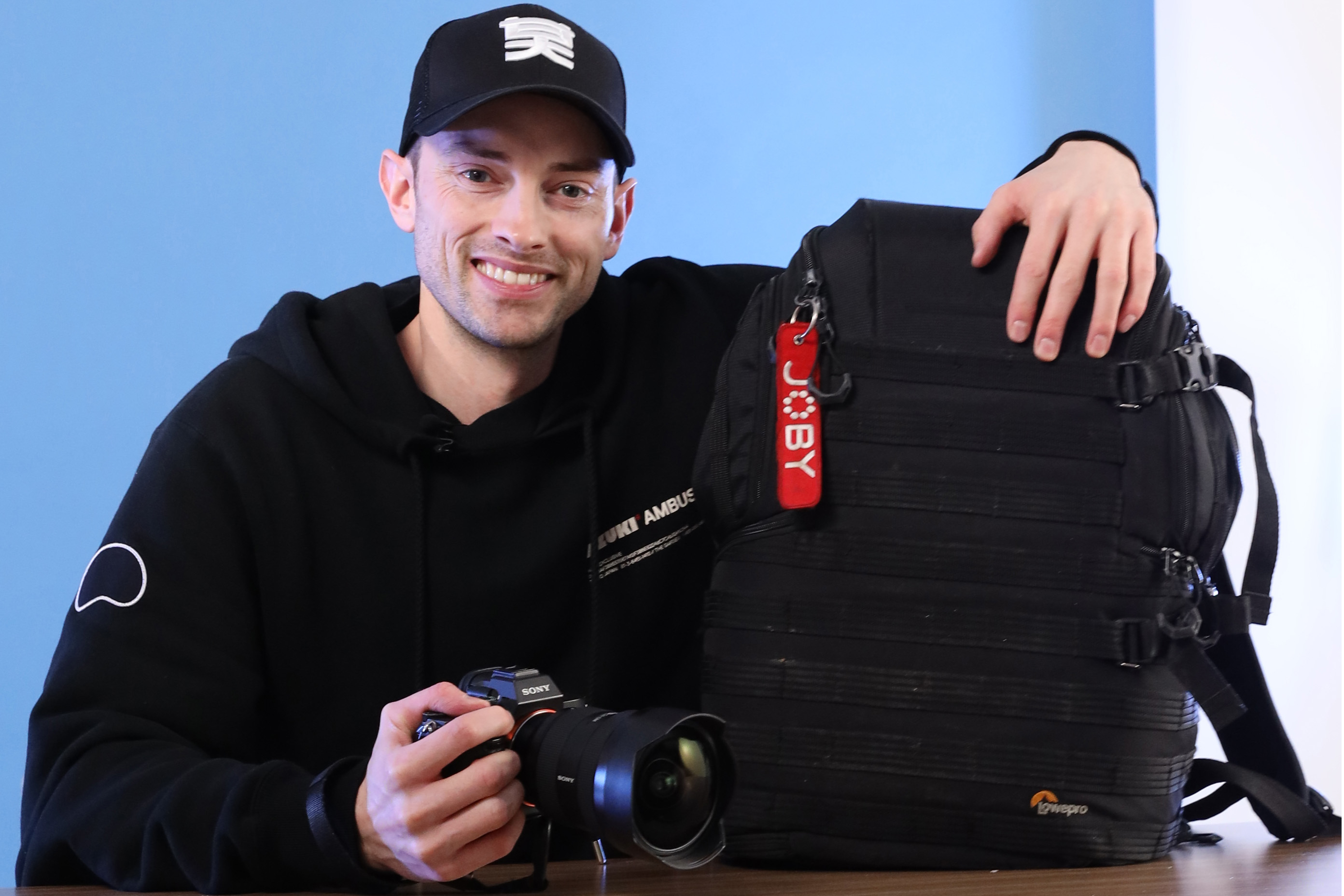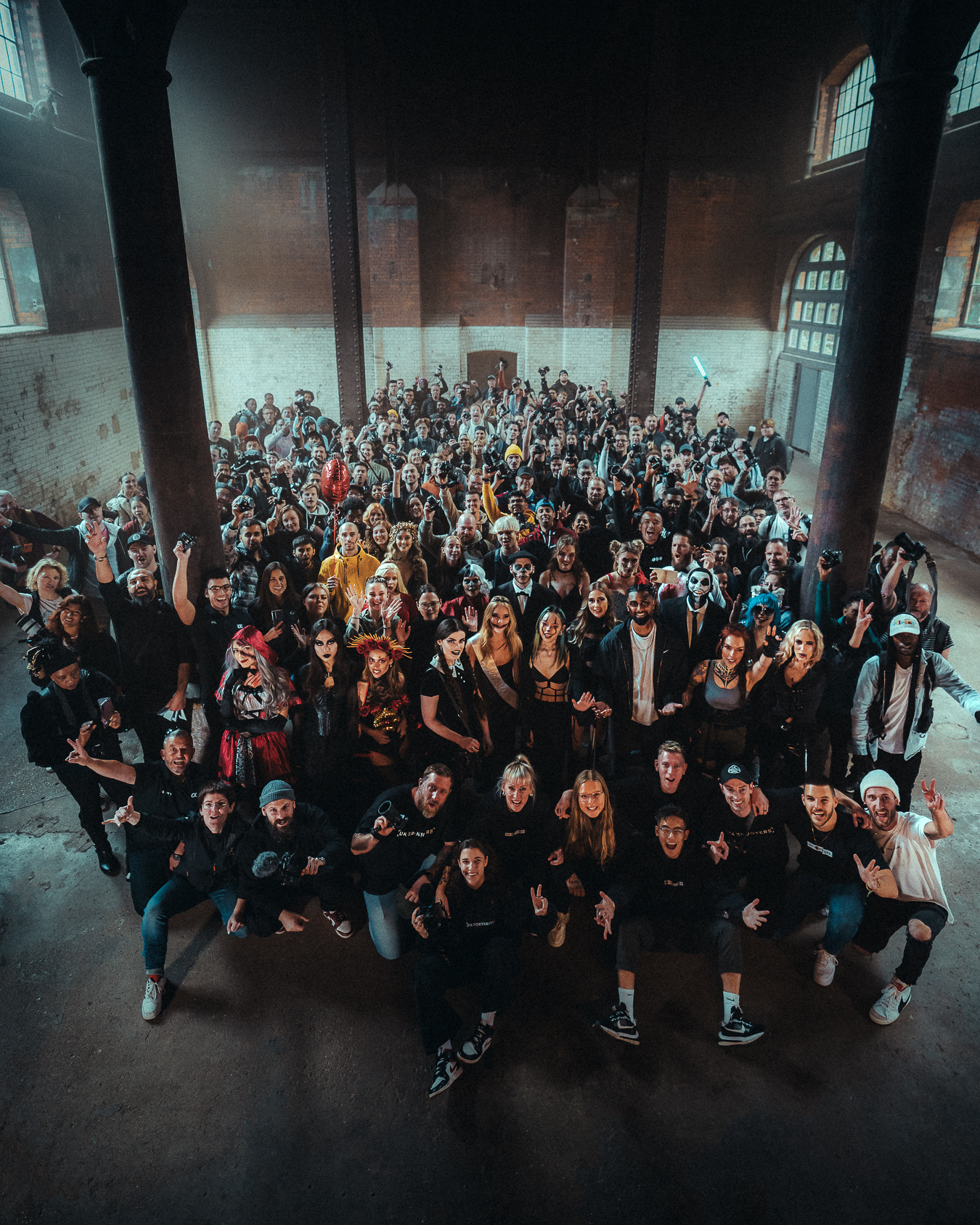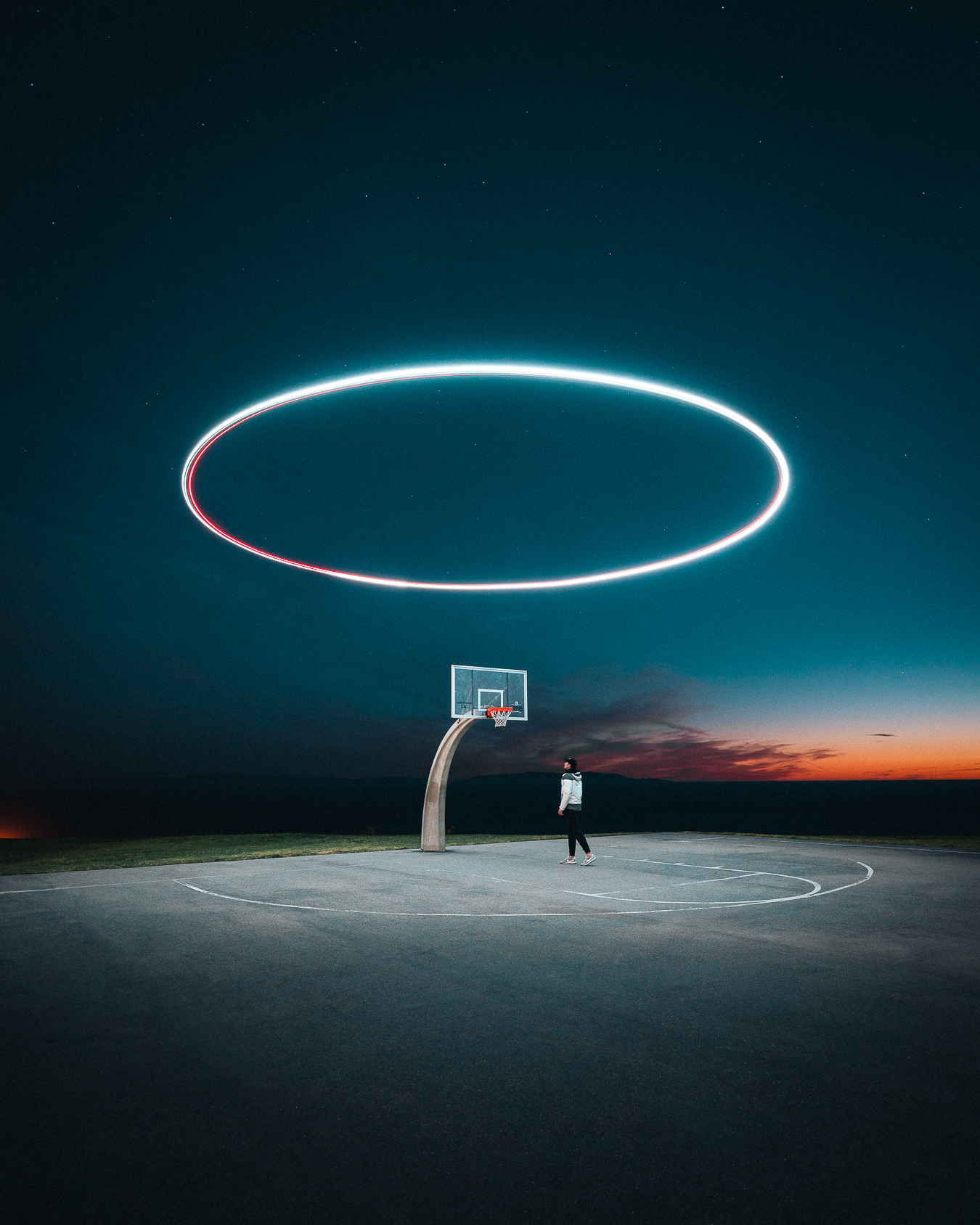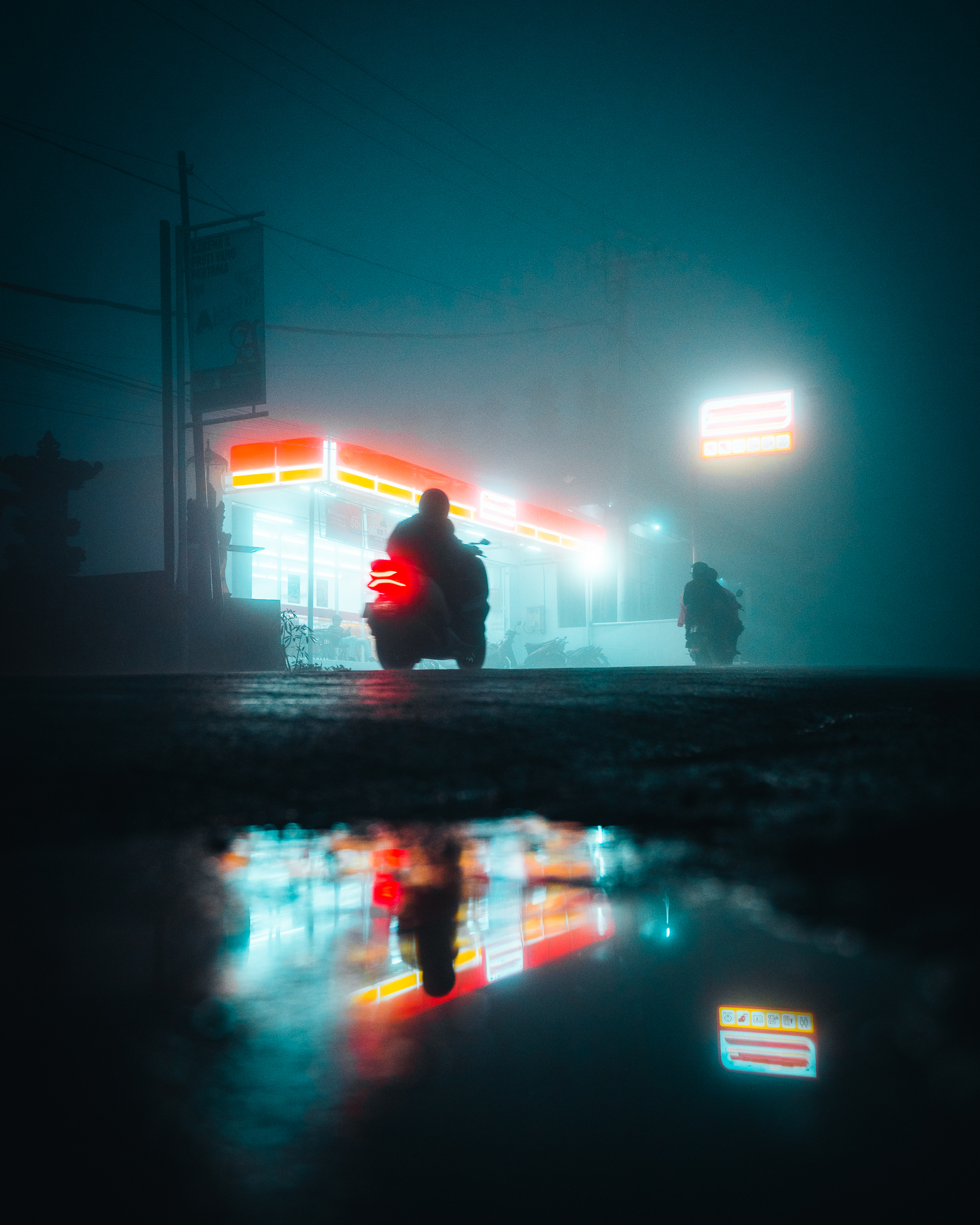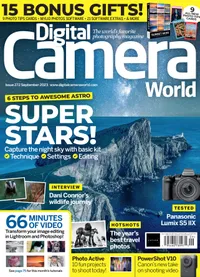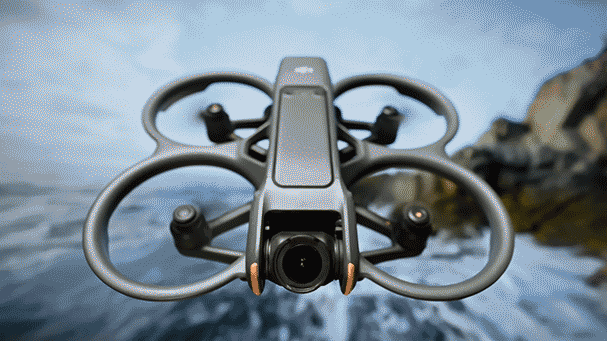From beginner to $1m shoots in a few years: pro photographer Mike Will shares his tips for success
How the founder of international photography network Shooters harnessed the potential of social media for creators
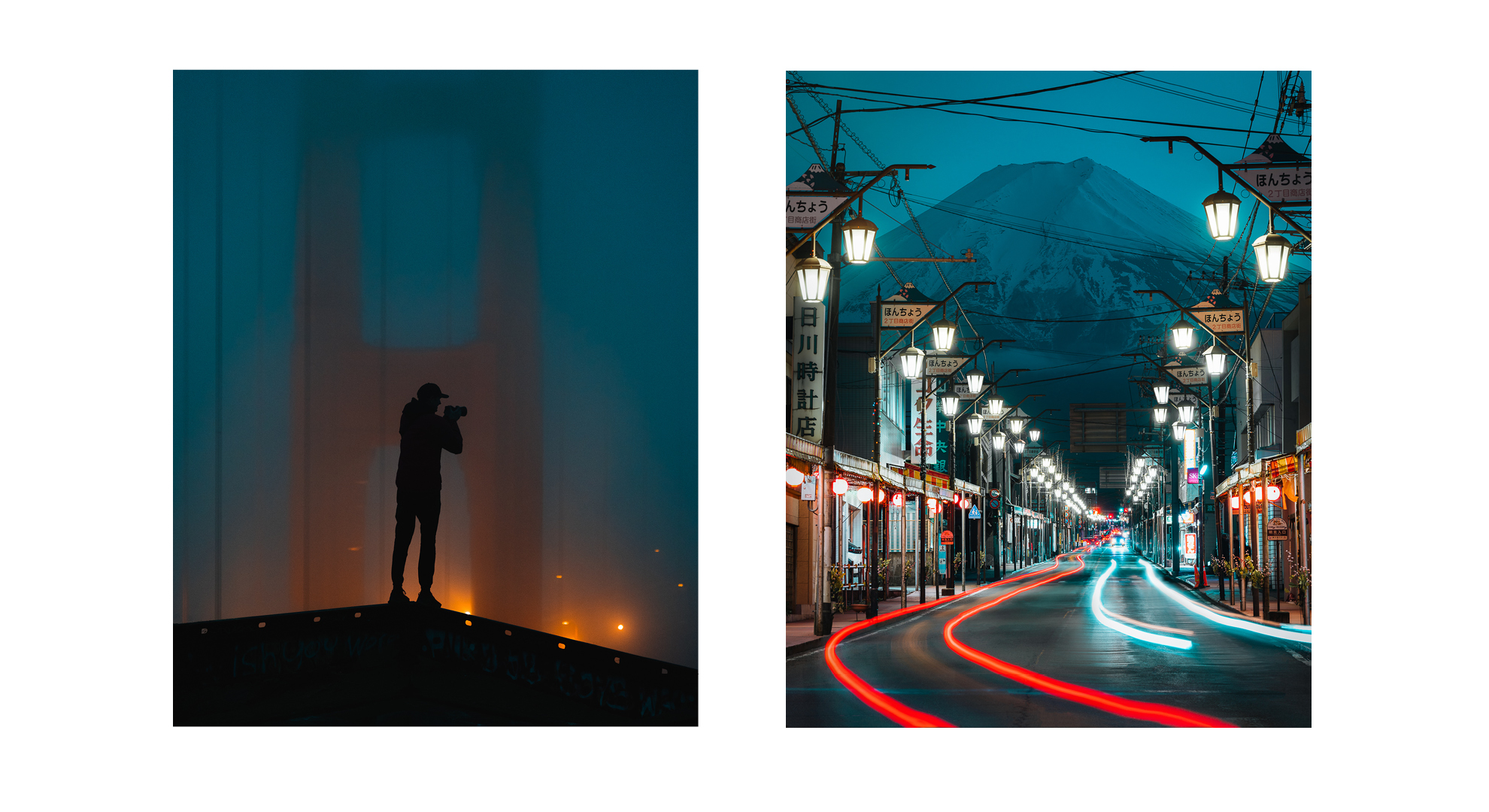
The best camera deals, reviews, product advice, and unmissable photography news, direct to your inbox!
You are now subscribed
Your newsletter sign-up was successful
Shooters is a great way of meeting up with like-minded people who enjoy taking photographs.
Powered by social media, Shooters runs events (‘meet-ups’) in places including the UK, the US and Europe.
It was founded by Mike Will, a former professional ice hockey player and photography enthusiast, now a full-time photographer, content creator and director.
Having seen his ‘From Beginner to $1 Million Shoot (vlog)’ YouTube video earlier this year, we were keen to find out more about Will’s photography journey, why he founded Shooters and what attendees can expect…
How did you get into photography, and why?
I started out shooting at night for fun – I really enjoyed night-time photography and wanted to learn everything about it, so there was real excitement for me around getting to shoot whenever I could.
I used to get one day off a week, whatever the conditions, so I used that time to learn and improve my photography.
What was your former day job?
I played ice hockey for 10 years. Photography was something I did on the side, every Monday. I started playing hockey when I was pretty young and put a lot of time and dedication into it. Something I learned early on in life was that if you want something, it’s there so go and get it.
The sacrifice, the determination and the mentality that you need to succeed is something that came from my sporting roots and I transformed it into photography and being creative. I feel it really helped with the discipline that I instantly put on myself to learn and have fun with what I wanted to do.
I was travelling a bit with ice hockey but didn’t have much time to take photographs. In my final year, I used to take a little point-and-shoot camera with me, but I can’t remember what it was. I started photography whilst I was living in Cardiff and then moved to Guildford. From then, I was able to start shooting in London.
So every Monday, on my day off, I used to go into the city and shoot. To start with, I just had a Sony 35mm lens, then a Samyang 14mm, then a Sony 24-70mm f/2.8. And from there, the expansion of lenses started.
So your journey into photography sounds like quite a modern one – did you ever study it formally?
When I was younger, I studied photography for one year at college, but it was film photography and had nothing to do with digital. I had never had a digital camera and had never used Lightroom for editing.
I guess I had a basic standard of photography from the film course, but it was all about developing in the darkroom and going away and trying to figure out what to do with the next roll of film you were going to develop. It was different [from what I do now] and I didn’t look at a camera again for 10 years.
My photographic journey was different, for sure. And thanks to the modern age of social media and the birth of content creators, there are so many opportunities on the horizon for people – it constantly adapts and you can jump in at different stages.
Would you have had a successful career if there was no such thing as social media?
Yes, although it would look much different to what I do now. The avenue I would have taken would have depended on what else I thought presented the best opportunity at the time.
Traditionally, it could have been taking photos for the press, shooting fashion, photographing landscapes, doing tourism board work… it would have just been a different path.
The path that I went down was based on social media rather than a traditional one. Maybe I could have been working for magazines or a newspaper – that’s one direction I could have gone in – or perhaps even setting up my own studio.
How would you describe your photographic style, and how has it evolved over the years?
My style on social media has stayed pretty consistent, but outside that is where the changes have happened. I’m doing a lot more video work and directing now. There are so many opportunities in the creative industry, I’ve had a lot of success from being able to adapt.
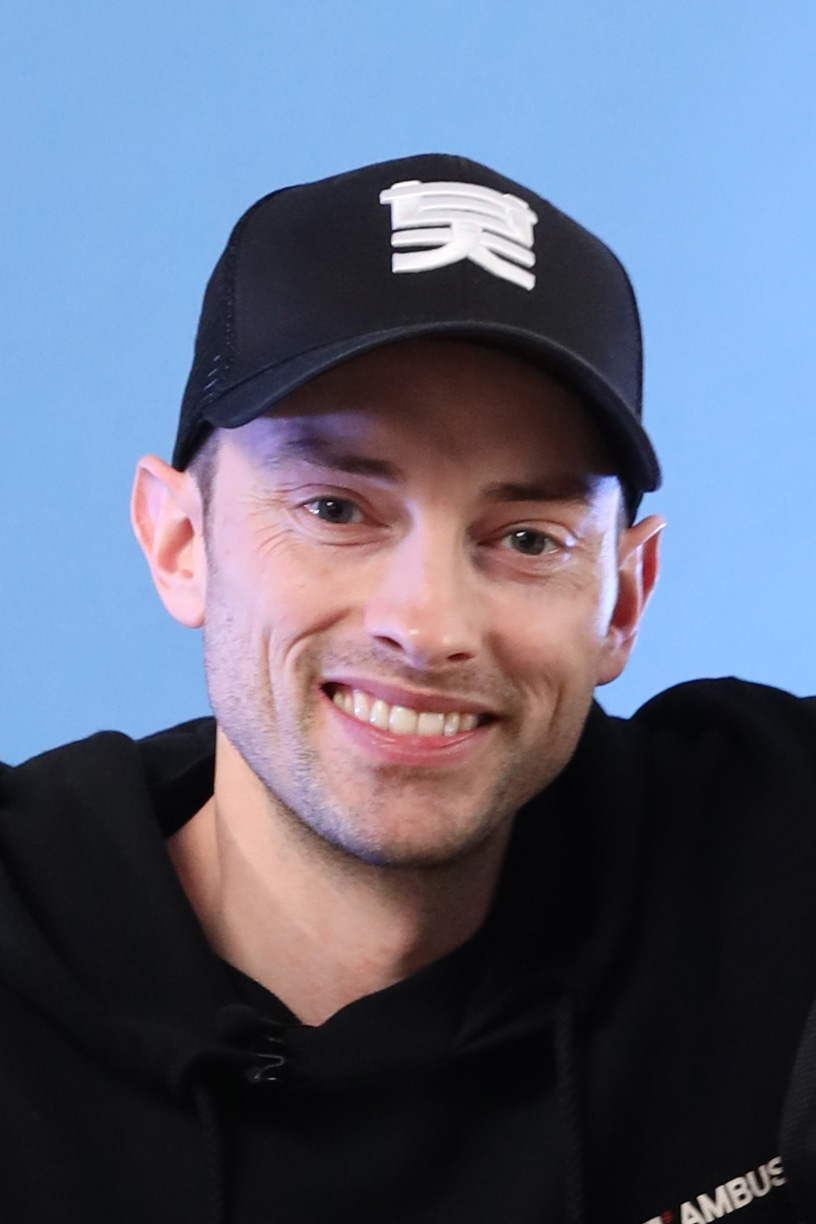
A former professional ice hockey player, Will has harnessed the discipline and drive required in elite sport and used it to help build a stellar photography career. He shoots a variety of photographic genres for a wide range of clients, including live music, automotive, fashion, portraiture and more. Having forged close working relationships with several leading global photography brands, Will is also an ambassador for Sony, Joby and Adobe. And social media is what underpins Shooters, the photographic community Will started in the UK in 2016, and which has since expanded into other areas.
You shoot a range of genres; what’s your favorite?
That’s a tough one… currently, I’d say live music and music festivals. It’s such a buzz being on stage next to a DJ with thousands of people in front of you trying to capture that moment and energy for everyone to see!
Earlier this year you filmed a commercial for Samsung in South Africa and your video ‘From Beginner to $1 Million shoot’ takes us behind the scenes. Is this your biggest gig, and how much did you enjoy it?
It was something totally different! I’ve never acted before and like most photographers, I got into photography to be behind the lens, not in front of it.
With the way social media is, I’ve learnt to adapt and this was something I wanted to do to challenge myself. (Watch the video on YouTube, where you’ll find a link to the ad).
Switching to Shooters now, how did it come together?
I started it in 2016 and from there, it expanded quite dramatically. In 2019, we were on a roll – we did a big road trip with Sony and Jessops, plus some amazing stuff with some leading brands to open up the community to even more people outside London.
Then the pandemic hit, of course, and during that period at the start of 2020, we launched Shooters World Shooters and continued to grow in the US with an amazing team of people pushing hard and we’ve now got even bigger from that. In Europe, we’ve just launched EU Shooters, along with the awesome Dutch Shooters team.
What was the idea behind Shooters?
I was meeting other people while I was out taking photos. I’d ask if they had ever shot with anyone before and they would say ‘no’. To me, this didn’t make any sense.
I knew how open people were in the US – I was in Los Angeles in 2016 and people would say ‘Let’s meet up and go shoot’ and ‘Do you want to come?’ In the UK, this wasn’t really a thing – being British, you can be quite stand-offish and reserved at times.
In the US, you can be taking photos on the street and people will come up and say, ‘What are you shooting on?’ You’d tell them and they’d say, ‘I shoot on that as well!’
And now that’s happening in the UK – that reservedness has been transformed. I have made some great friends from just seeing people in the street and asking them what they’re shooting.
It’s a really good way to network and meet people and make new friendships. That openness was definitely something that I was missing in the UK and yet it changed before my eyes, dramatically.
And you have been an agent of change…
I’m sure it would have happened at some point but I’m very happy to have been at the forefront of it and to help a lot of people to gain access to a much larger network of friends and creatives.
What is the demographic of your typical Shooters meet-up participants?
It’s anything, really. We have people aged 18 all the way up to… well, I wouldn’t want to guess their age! They could be hobbyists or full-time pros, it doesn’t matter.
Everyone comes and has a good time and gets to network and meet new people because it’s not every day that you can just chat with your work colleagues about camera gear.
If you’re not doing photography as a full-time career, it’s hard to meet other people who are into it so you can network and improve and grow and then make the jump to being full-time.
When I was playing professional sport and team sports in general, I was very much a believer that photography should not be a solo pastime and it should be something that’s done as a group.
By doing that, you bring up those around you by helping each other out, whether that’s just giving a few simple tips or constructive feedback on some work – how they did something, how the lighting setup was for a studio shoot they did. Whatever it was, you can help someone and they can help you.
There are always going to be ways that you can bounce ideas around and do it in a team, rather than being closed off, not talking about things and not getting help from other people. That was an important factor when I was setting up Shooters.
How does a Shooters meet-up work?
It’s all about the doing, getting people out and giving them the opportunity, whether it’s a cool rooftop view that’s a little bit exclusive or maybe shooting portraits for something like Halloween.
So it could be themed, whatever the theme might be, to give people the opportunity to get out and shoot.
We don’t like looking at people’s work and critiquing it or doing portfolio reviews or anything like that, mainly because of the time that’s available.
Also, we have some people joining us from a long way away, so we just want to get everyone together and have a good time.
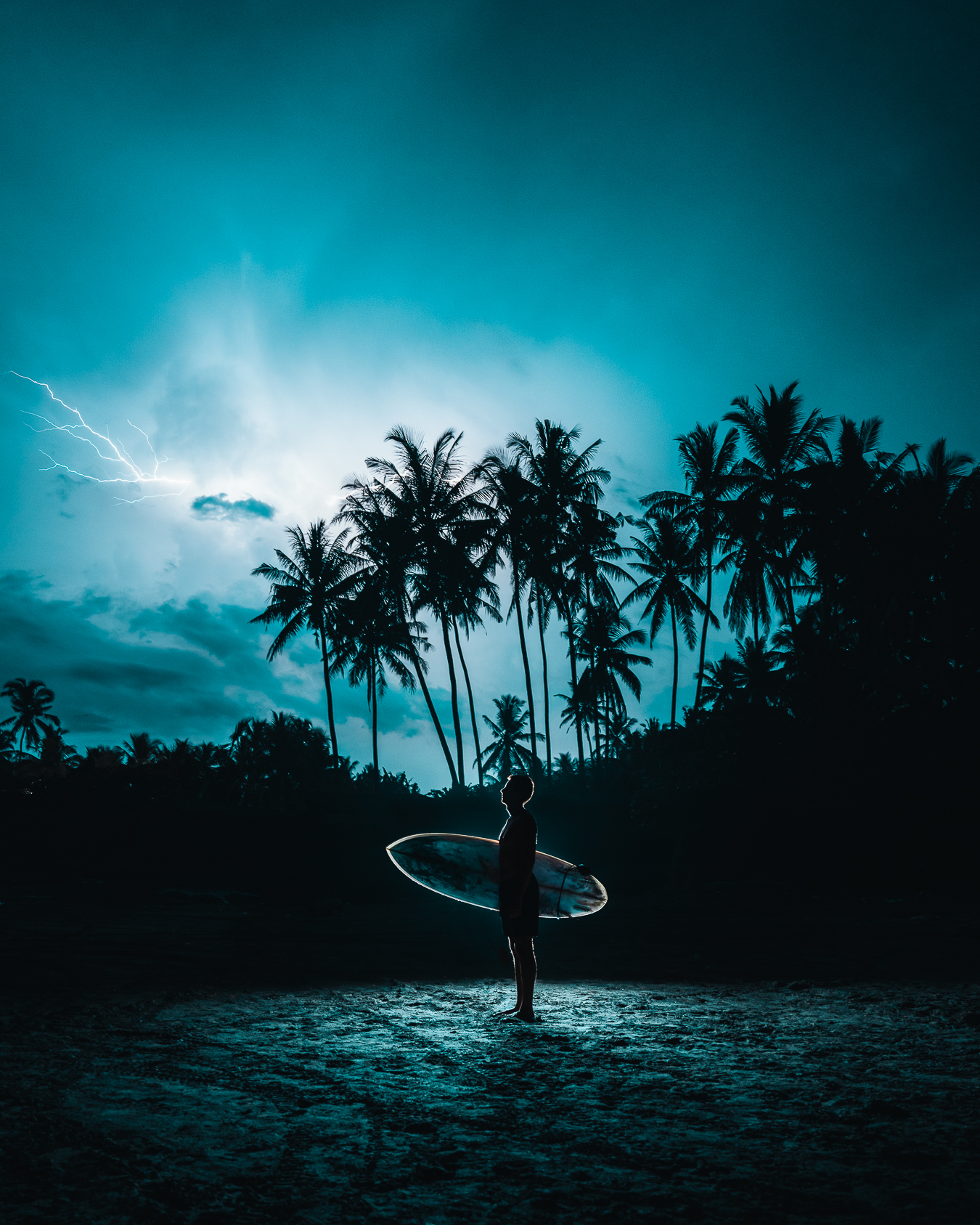
Some people who take photographs may not want other people to criticise their work…
Exactly, that’s the whole point, and that’s the great thing about it. You can come to a Shooters event and do your own thing and not worry.
Some Shooters events are for large numbers of people and some of them are for 25-30 people – they’re all different.
Looking at your camera bag, I notice that you use business cards – that’s very old school!
Yes, I have business cards. They’re very important. It happens more in the US, but someone will see you shooting and when you tell them what you do and ask them to follow you on Instagram, they will ask if you have a business card.
I’ve had some jobs come about just by pinging someone a business card, so I always have them in my bag.
Want to get involved with Shooters?
Find out about forthcoming events and meet-ups by following Shooters on Instagram: @uk.shooters and @uk.portraits
Mike also posts about all Shooters-related events on his own personal Instagram page: @m.visuals
Digital Camera World is the world’s favorite photography magazine and is packed with the latest news, reviews, tutorials, expert buying advice, tips and inspiring images. Plus, every issue comes with a selection of bonus gifts of interest to photographers of all abilities.
The best camera deals, reviews, product advice, and unmissable photography news, direct to your inbox!
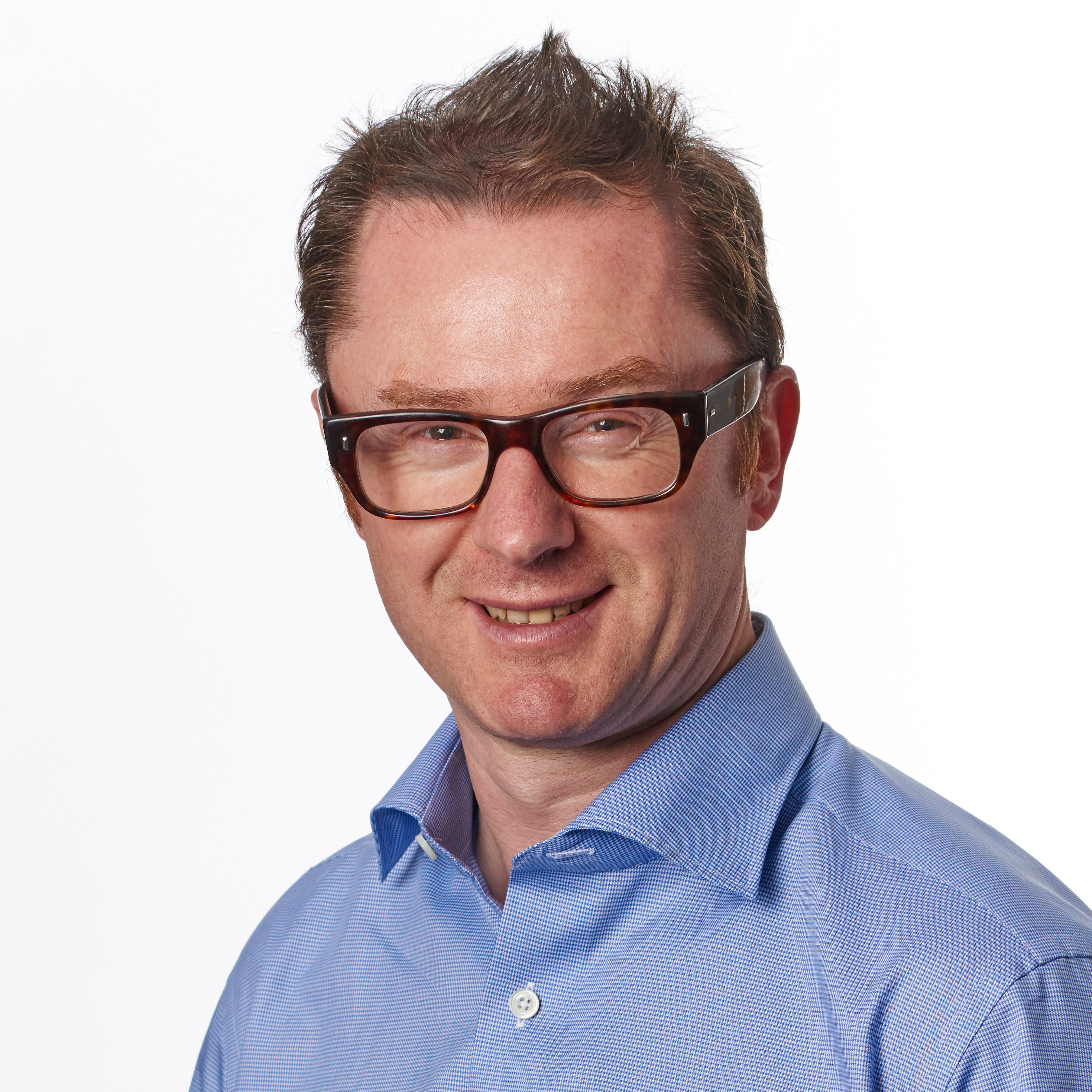
Niall is the editor of Digital Camera Magazine, and has been shooting on interchangeable lens cameras for over 20 years, and on various point-and-shoot models for years before that.
Working alongside professional photographers for many years as a jobbing journalist gave Niall the curiosity to also start working on the other side of the lens. These days his favored shooting subjects include wildlife, travel and street photography, and he also enjoys dabbling with studio still life.
On the site you will see him writing photographer profiles, asking questions for Q&As and interviews, reporting on the latest and most noteworthy photography competitions, and sharing his knowledge on website building.
